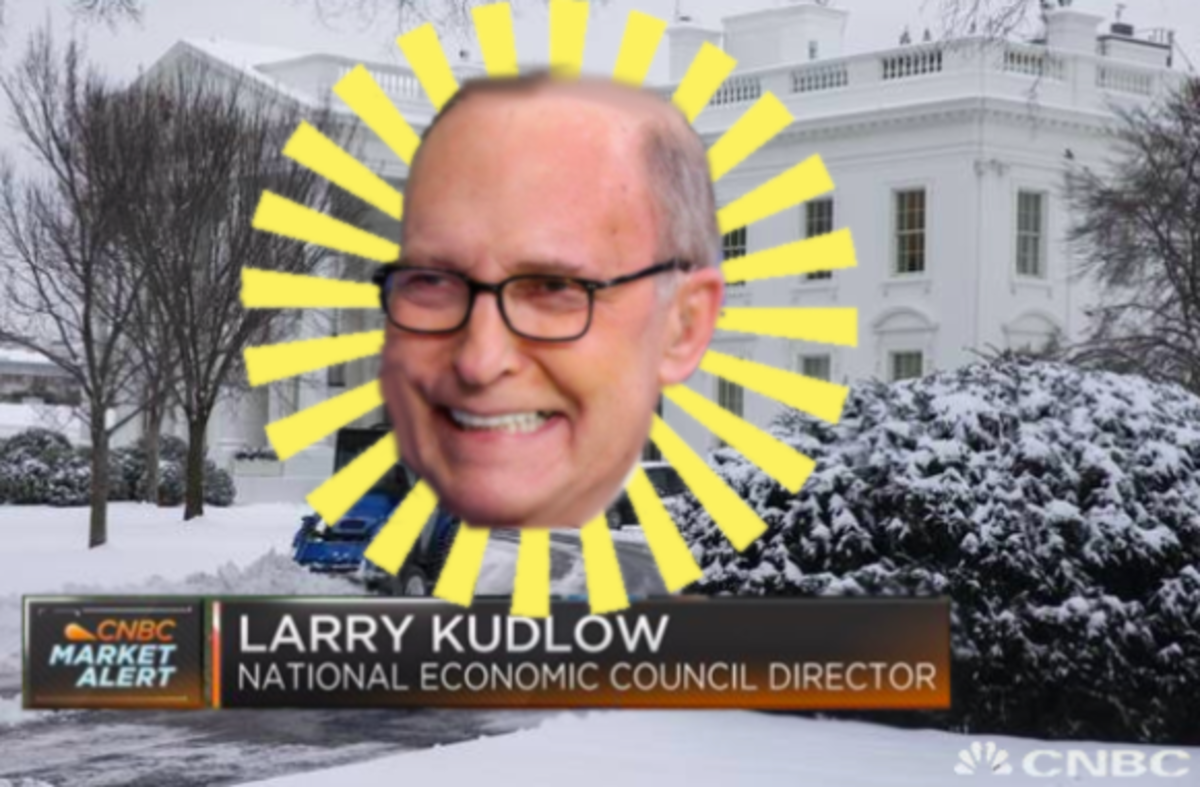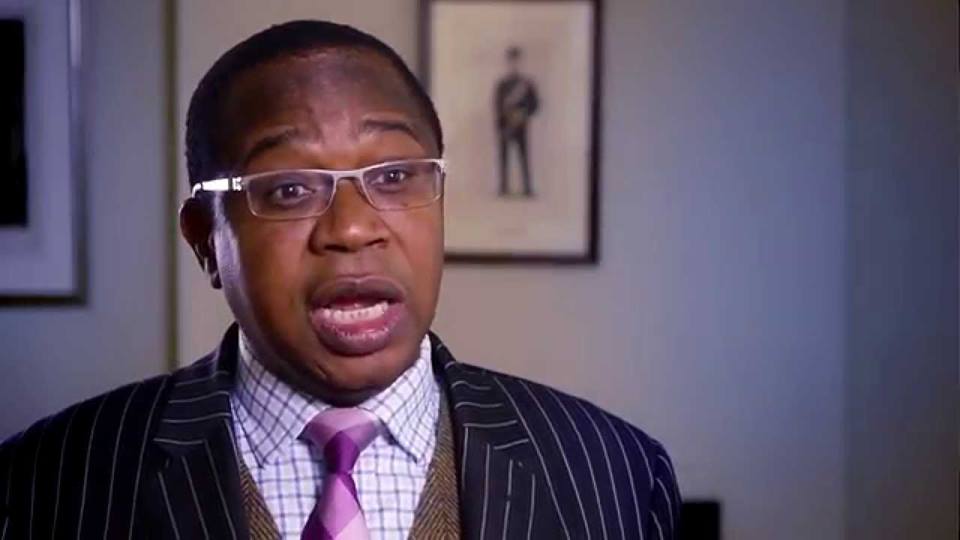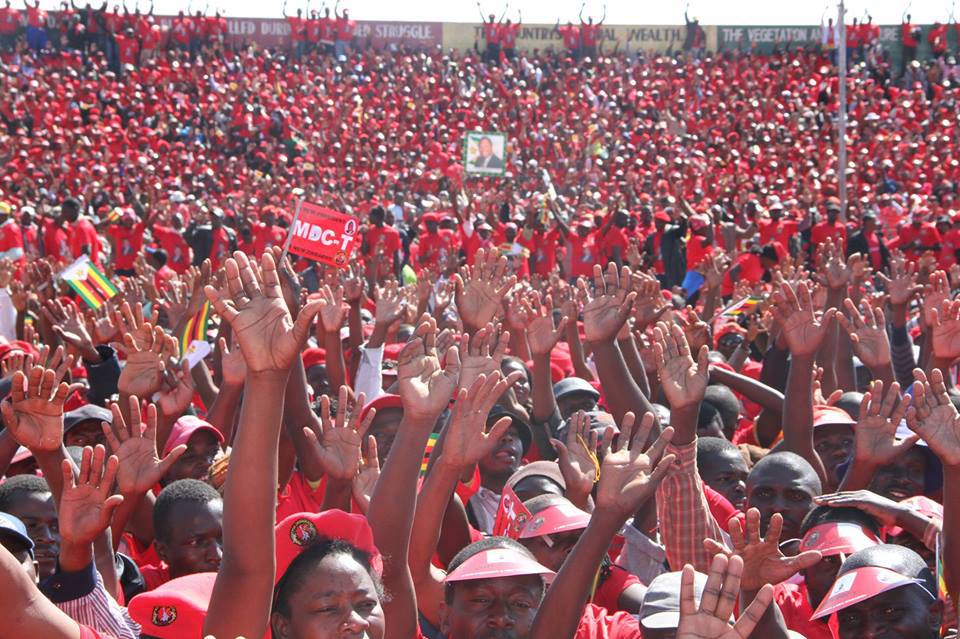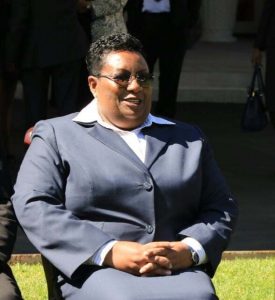
This past Monday, I showed up bright and early at the United States Supreme Court hoping for a seat to view the argument in this case where my clients filed an amicus brief . Knowing that I would have considerable wait time, I tried to come up with ideas on how to spend it productively. After all, since I wasn’t arguing the case, I didn’t really need to review the briefs. Nor could I use the wait time to return phone calls since the line formed so early and most of my clients or colleagues wouldn’t yet be available. Sure, I could have plugged in my headphones and turned on an audio book or buried myself in my Facebook feed – but I could partake in those activities anytime
So what could I do to maximize use of time spent on line? Here’s what I came up with.
Video Dispatches Anticipating that I’d be waiting outside the courthouse, I originally planned on recording mini-news style videos and FaceTime lives to provide updates on the case and the pipeline work that I do. Video is a great way to make use of that kind of downtime and helps viewrs feel as if they’re part of the action.
Unfortunately, in my case, my video plan never came to pass because just a few minutes after arriving at the Court, I was ushered inside for the bar members’ line where video recording wasn’t permitted. Likewise, I’d hoped to squeeze in a few recordings after I left but instead, met up with my clients who had traveled three hours to the Court. Still, video remains a good use of line waiting time and I hope I have a second chance to give it a try.
Twitter Dispatch Tweeting while waiting online is practically a no-brainer. If you’re on a line where you can share your location and details of a case without breaching confidentiality, by all means do so as you may attract attention from potential clients and reporters following the matter. If you can’t disclose location or subject-matter, you can use the line time more generally to catch up with social media postings – and for me, Twitter and/or Facebook are the easiest to engage through a phone.
Write a Post Mortem After the case is over, chances are you’ll want to summarize the argument for a blog post or newsletter. You can use the wait time to start an outline of an article, jot down notes, document first hand impressions that you can later incorporate into your story. In other words, you can use the wait time to get a jump start on your eventual post-mortem of the events.
Brand Yourself Lines are a great place to display brand. If you have a neat coffee cup, striking bag or other branded swag, wear it proudly online because someone might ask you about it – or remember it later on if they’re trying to think of the name of a law firm. And if you’re really ambitious, you could pass out snacks on line branded with your logo. Who doesn’t like a little food during a long wait?
Strike Up A Conversation OK – this one is so very old school but striking up a conversation just plain works. So as I stood on line, I looked for opportunities to chat with others, opening up the conversation by asking them about their interest in the case. I wound up talking to a former FERC Commissioner whom I’d known for years but had never met and ran into a frequent opponent in my appellate gas cases. We caught up on the issues, discussed the cases and I followed up with a short thank and request for referrals after. Two more seeds planted.
Just Show Up All of us are busy and it’s tough to make time to appear at an argument that’s important for your industry or one of your colleagues. And these days, so many arguments – though not at SCOTUS – can be heard contemporaneously online so there’s little reason to occupy your morning with a physical trip. But sometimes just showing up to wait on a line to attend can be the best opportunity of all.
As a young lawyer, I’d court watch all the time and introduce myself afterwards to the superstars in my field. But even now, thirty years into my career, I still benefit from face time. In this instance, on the way out of the court, I ran into one of the leaders in the pipeline landowner opposition and said hello. I know that the fact that I took the time to show up for this case reinforces my credibility in the landowner community. Plus, I also snagged the benefit of a photo opp – a photographer hired by one of the non-profits that does this work snapped a few pictures of me which can be useful for my social media posts or newsletter.
By the way, these tips don’t just apply to lines for professional activities like hearings. You can make use of wait time similarly whether you’re on vacation with your family at Disney, hoping to snag cheap Broadway show tickets at the TKTS booth in Times Square or simply on a daily pick up line at your kids school.
Most of us groan at the thought of waiting on a long line. And while I don’t always have the time to wait, when I don’t have a choice, why let a good long line go to waste?
What are some of your line waiting business development ideas? Post your comments below.






 Jordan Rothman is a partner of
Jordan Rothman is a partner of 






